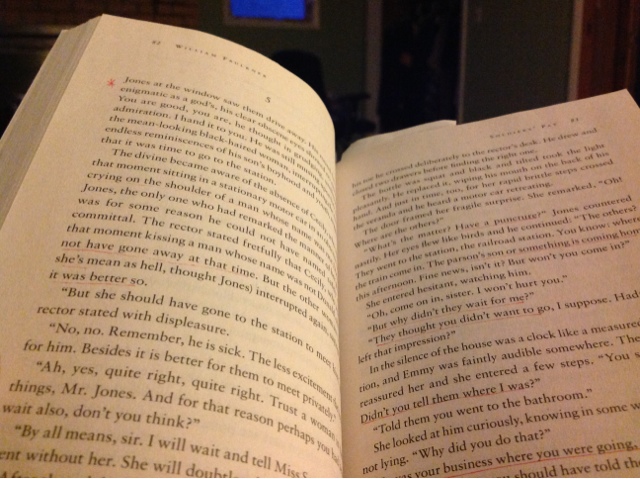The Productive Reader - Read 30/Think 30

I was trying to come up with a creative process that would yield better reading comprehension. I always work best in one hour blocks, which allows me not to invest so much time on one project. I get carried away sometimes and forget I have other projects I need to complete. The reading portion of this exercise is pretty straight forward. Get timer set it for 30 mins and just read. As usual, stay in constant dialogue as you read. Annotate your text. Underline or make passage that are intriguing, circle words that are unfamiliar. So pretty much do what you do. I would find my self reading for an hour straight and not really getting involved with the text. I would jump of after reading and really never let the information soak in. So I needed to develop a process that was efficient for future projects involving the information I was reading. The key here, was thinking ahead. I would spend more time rescanning a text if I didn't take the time to organize my thoughts after reading. Be...

